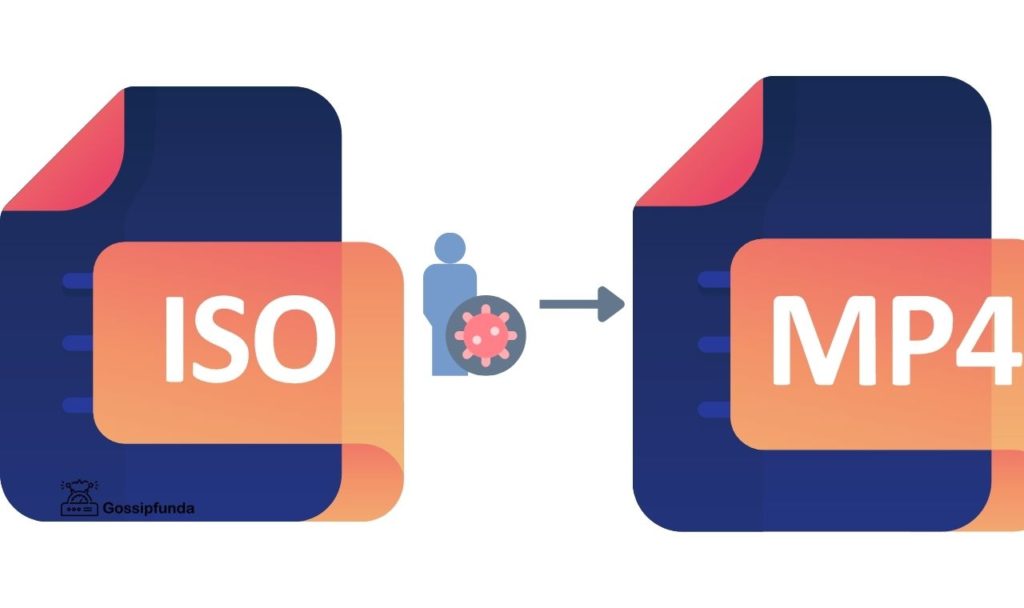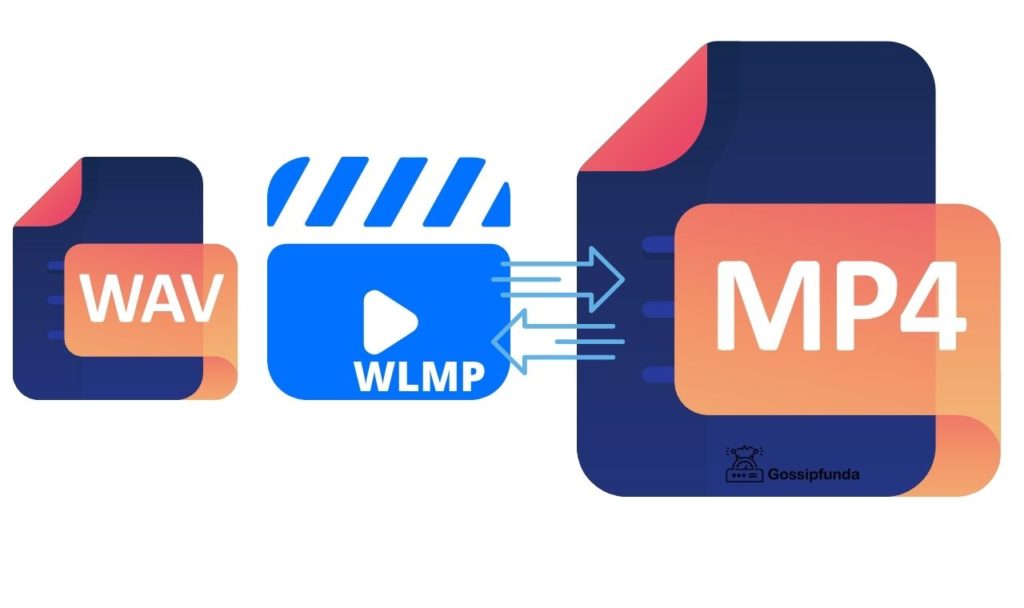Imagine you’re surrounded by new sights and sounds in a bustling foreign market, and you find the perfect souvenir. This situation inevitably leads to the question, how do you pay for it? Navigating foreign transactions while traveling internationally can often feel like a puzzle.
Whether it’s fumbling with unfamiliar currency, calculating exchange rates on the fly, or deciding whether to swipe your card, managing your finances abroad is an integral part of the travel experience. This guide will walk you through the ins and outs of handling money during your international adventures, ensuring your focus remains on the joy of discovery, not the stress of spending.
Pre-Trip Preparations
The key to a smooth international travel experience often lies in the preparations before leaving home. Just like checking the weather to decide what to pack, understanding the currency landscape of your destination is crucial.
Research the local currency and familiarize yourself with the current exchange rates. This knowledge helps you estimate costs and arms you against being shortchanged.
Informing your bank about your travel plans is another essential step. It prevents your overseas transactions from being flagged as fraudulent, which could lead to your card being blocked.
Also, be aware of the foreign transaction fees that might apply. Some banks charge hefty fees for international transactions, so it’s worth checking if your bank offers travel-friendly cards with lower or no fees.
Just like you’ll use Bristol luggage storage services for convenience, it’s important to sort out your financial tools during your travels. Ensuring your bank cards are travel-ready and understanding the currency landscape can save you from many headaches.
Smart Spending Abroad
Once you’ve landed in your dream destination, how you spend your money can greatly influence your travel experience. The cash versus card debate is a central aspect of this.
Carrying some local cash is advisable for small purchases and places where cards might not be accepted. However, walking around with a lot of cash can be risky. Using cards, especially those without international transaction fees, can be safer and more convenient, but always have a small amount of cash for emergencies or small vendors.
Be wary of the common tourist traps, especially regarding currency exchange. Airports and popular tourist locations often offer unattractive exchange rates.
It’s usually better to withdraw local currency from ATMs or exchange money at a reputable local bank. Knowing the actual cost of goods and services in the local currency can also prevent overpaying. Remember, a bit of research goes a long way to save you money.
Tech-Savvy Transaction Tricks
Managing your finances while traveling is more convenient than ever. Mobile banking and money apps are invaluable tools for international travelers.
They allow you to check real-time exchange rates, track your expenses, and even freeze your card if it gets lost or stolen. Some apps even categorize your spending, making it easier to stick to your budget.
Another growing trend in international travel is contactless payments and digital wallets. They offer a secure and hassle-free way to make transactions without physical cards or cash.
Before your trip, set up your digital wallet and familiarize yourself with its use. This can include linking your credit and debit cards and understanding transaction limits. In many countries, contactless payments are now more common than cash, so embracing this technology can make your transactions seamless and swift.
Coping With Currency Challenges
Navigating language barriers in a foreign country can add an amusing twist to financial transactions. Picture yourself trying to decipher a menu or haggling at a market stall in a language you barely know.
To smooth over these encounters, learning a few key financial phrases in the local language is helpful. Knowing how to ask for prices and understanding numbers makes a world of difference.
What if your wallet goes on an unplanned adventure without you? Losing your wallet or having it stolen is a traveler’s nightmare. To safeguard against this, always split your financial resources.
Keep a backup credit card and cash in a separate location, like your hotel safe or a hidden pocket. If the worst happens and your wallet is lost or stolen, contact your bank immediately to freeze your cards. It’s also a good idea to have a digital backup of important documents like your passport and bank details stored securely online.
Remember, every challenge is an opportunity to learn and grow. Overcoming these hurdles can become the most memorable part of your travel stories.
Embrace Your Financial Adventure
Embark on your international journeys with confidence, armed with the know-how of managing foreign transactions. By preparing ahead, spending smartly, embracing technology, and adapting to challenges, you’ll easily navigate the financial aspects of travel.
Every penny spent is a story earned, so embrace these monetary adventures as integral chapters of your travel tale.
I am passionate about my work. Because I love what I do, I have a steady source of motivation that drives me to do my best.
I’m not comfortable with settling, and I’m always looking for an opportunity to do better and achieve greatness. I have a keen interest in the technical field. Apart from this, I am a social media influencer.


